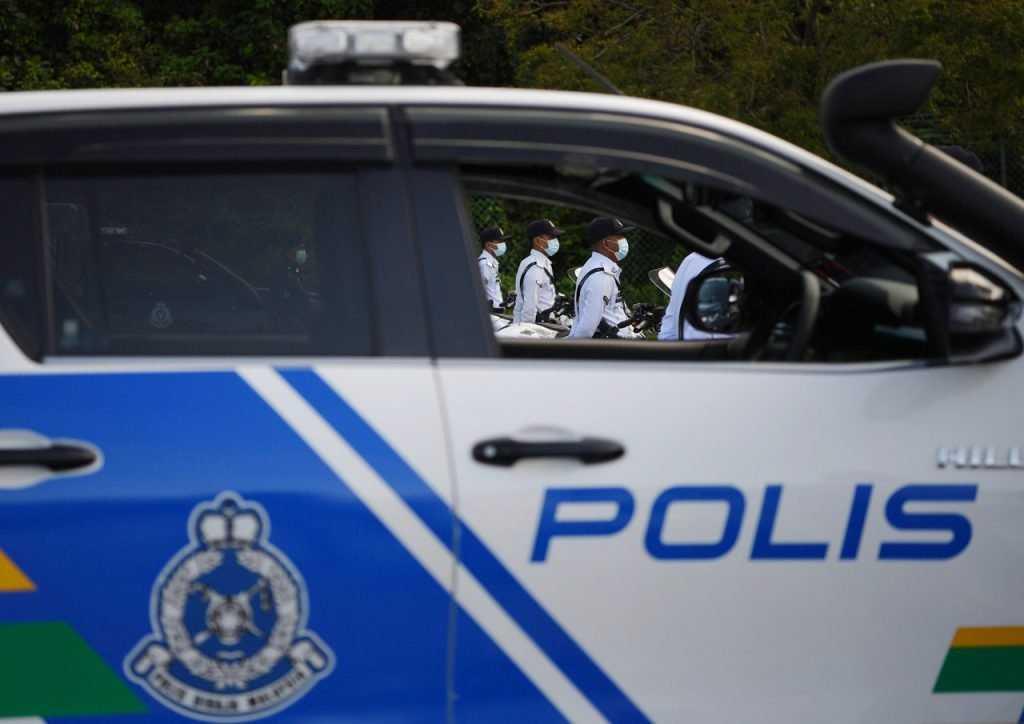Police spell out lock-up rules after rights group calls for changes
The Centre for Human Rights Research and Advocacy had said that detention facilities should reflect justice and the 'guiding morality' of society.
Just In
The Centre for Human Rights Research and Advocacy (Centhra) today urged the police to grant detainees at lock-ups access to religious teachers or counsellors as well as regular visits to houses of worship.
Centhra chairman Azril Mohd Amin said this would assist in the upkeep of detainees as well as detention facilities.
"This will provide detainees with personal hygiene supplies and other necessities," he said in a statement today.
This followed a visit by representatives of NGOs to the Shah Alam police lock-up, facilitated by the police last week.
When contacted by MalaysiaNow, Shah Alam OCPD Mohd Iqbal Ibrahim confirmed that detainees were only allowed visits by family members and lawyers.
He said there had been no proposals for access by counsellors or religious teachers due to the short detention period as well as a lack of suitable area for such visits.
Police statistics show that 19 deaths in custody had been reported since January, nine of which occurred in lock-ups. Another eight involved deaths at hospitals while two died while being taken to hospital.
While conditions at the Shah Alam lock-up were "better than expected", Azril said there was still room for improvement with regards to hygiene.
He said many of the pipes were ruptured and it was unclear whether the detainees' drinking water came from the same tap as the water for toilets and showering.
He also said that the overall level of cleanliness in the inmates' section did not comply with the necessary standards for either Muslim prayers or non-Muslim worship.
"These conditions dehumanise detainees and reflect a disregard for their basic human dignity," he said.
He added that unclean conditions could affect the way in which detainees are viewed and treated by the police.
"If conditions are inhumane or otherwise substandard, it is not unexpected that inhumane or substandard treatment will follow," he said.
"While each case of custodial death must still be investigated to determine cause and culpability, we can conclude that conditions, even in a lock-up like Shah Alam where they are relatively good, possess this element of dehumanising negligence towards the well-being of detainees.
"Our detention facilities must reflect justice and the guiding morality of our society. No one in Malaysia should be mistreated or humiliated, even if they are behind bars."
Iqbal however said that the hygiene of the area was the responsibility of the detainees themselves while the cleanliness of areas beyond their cells was monitored by the personnel on duty.
He said the detainees would declare any illnesses they had as well as the required medication while those who experienced health problems in the lock-up would be taken to the clinic.
He added that Muslim detainees were expected to pray in their cells, with no special space allocated for this purpose.
"The food and drinks are supplied through a contract approved by the home ministry," he added.
Subscribe to our newsletter
To be updated with all the latest news and analyses daily.
